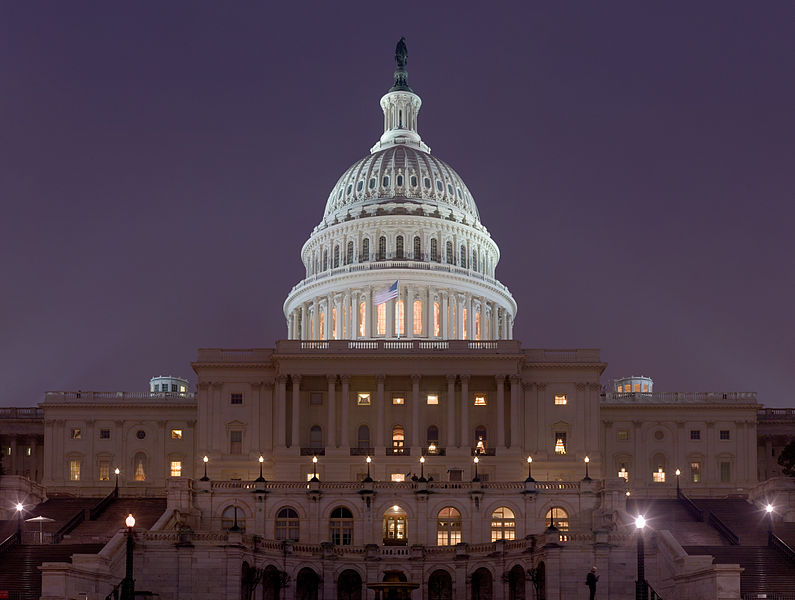The probability of a partial government shutdown is increasing with each passing hour. With funding set to expire at the end of Friday, federal agencies have begun drawing contingency plans if President Obama and GOP congressional leaders fail to reach an agreement by then.
The basics of a shutdown, which we last experienced more than 15 years ago, are known: Hundreds of thousands of federal workers will be placed on furlough, and only those deemed essential to the protection of human life and property will continue to work — without pay. But the details are nebulous. What, in practical terms, would a shutdown actually mean to ordinary Americans? Would it disrupt their lives? Would they even notice?
To help answer these questions, we’ve put together the following guide to life under a shutdown:
- Social Security payments will be fine. The Social Security Administration doesn’t receives its funding from annual congressional budget appropriations, but rather through the Social Security Trust Fund, which is financed through payroll taxes. The Social Security Administration will likely continue doling out payments, and employees essential to guarantee those payments will continue working, although new applications may be affected.
- Medicare is safe … for now. Recipients will continue to receive checks for a limited time. However, if the shutdown were to stretch out for several months, payments could be cut off.
- The military will keep operating. Members of the armed services will continue to work, although they wouldn’t receive pay during the shutdown. Officials are rushing to put in place contingency plans to ensure that vital national security and foreign policy operations keep running. Two-thirds of State Department staffers would go on furlough.
- The Veterans Health Administration would be unaffected. The V.A. operates on a two-year funding cycle that began last year, meaning it has already received the money it needs to keep operating.
- Good luck trying to visit national parks and museums. More than 350 federally run park sites, as well as federal museums, such as the Smithsonian and the National Archives, would be closed to visitors. Some museums that also receive private financing, such as the Kennedy Center, will remain open. The cumulative effect of the closures mean a half-million visitors could be turned away this weekend alone, according to some estimates. Security personnel, however, would remain in place.
- Federal courts could conceivably operate unaffected. During past government shutdowns, the courts remained fully open through the use of fees collected by federal bankruptcy courts. Still, an extended shutdown could require furloughs for “court clerks, technical staff, security guards and other court employees.”
- Homeland Security doesn’t stop. Most department employees would continue to work without pay. That includes border patrol, airport security and U.S. Coast Guard patrol. The department’s e-Verify system — which enables employers to check the immigration status of prospective hires — would be suspended.
- You’ll still receive your mail. The U.S. Postal Service, which is funded through customer payments, in large part from postage stamps, will continue to operate as normal.
- You’ll also still have to do your taxes. Income earners are still expected to file their taxes on time, although the IRS will suspend the processing of paper tax forms until government operations resume.
- Federally funded clinical research takes a hit. New research at the National Institutes of Health would be suspended, although ongoing research would continue.
- Tough luck if you need a new passport or visa. Most applications for passports and visas would likely go unprocessed. Such was the case in the ’95-’96 shutdown, when “nearly 30,000 visa applications were unprocessed” and “200,000 applications for passports were ignored.”
- Home loans will take a hit. The Federal Housing Administration could curb new home loan guarantees that private mortgage lenders often require for assurance that loans will be honored.

